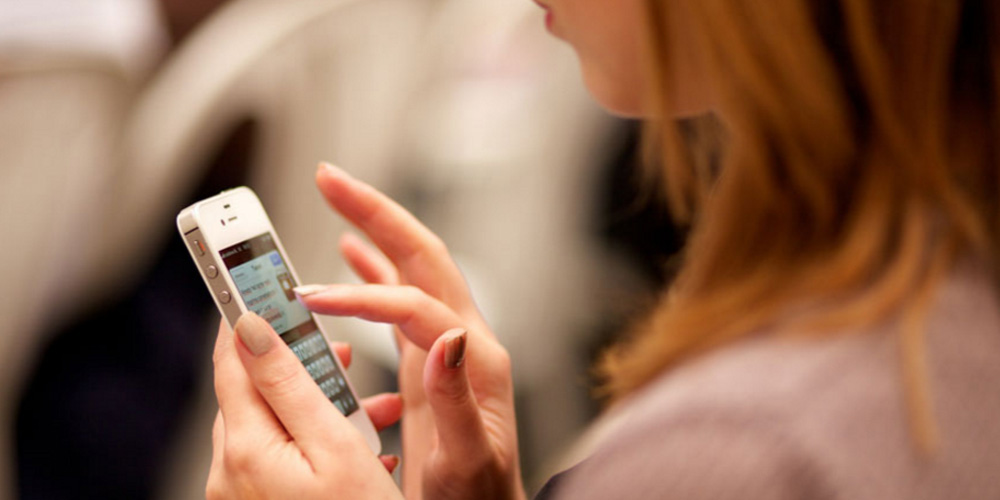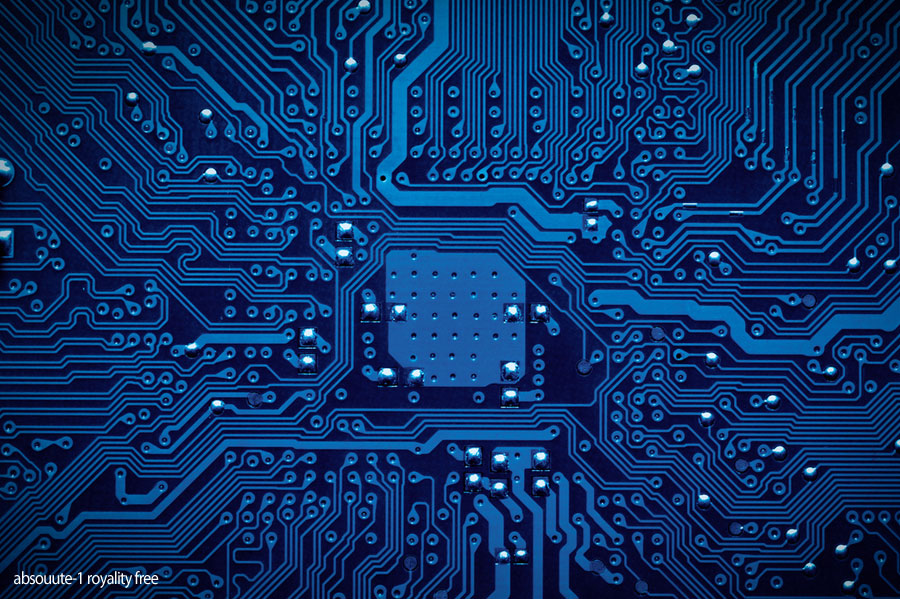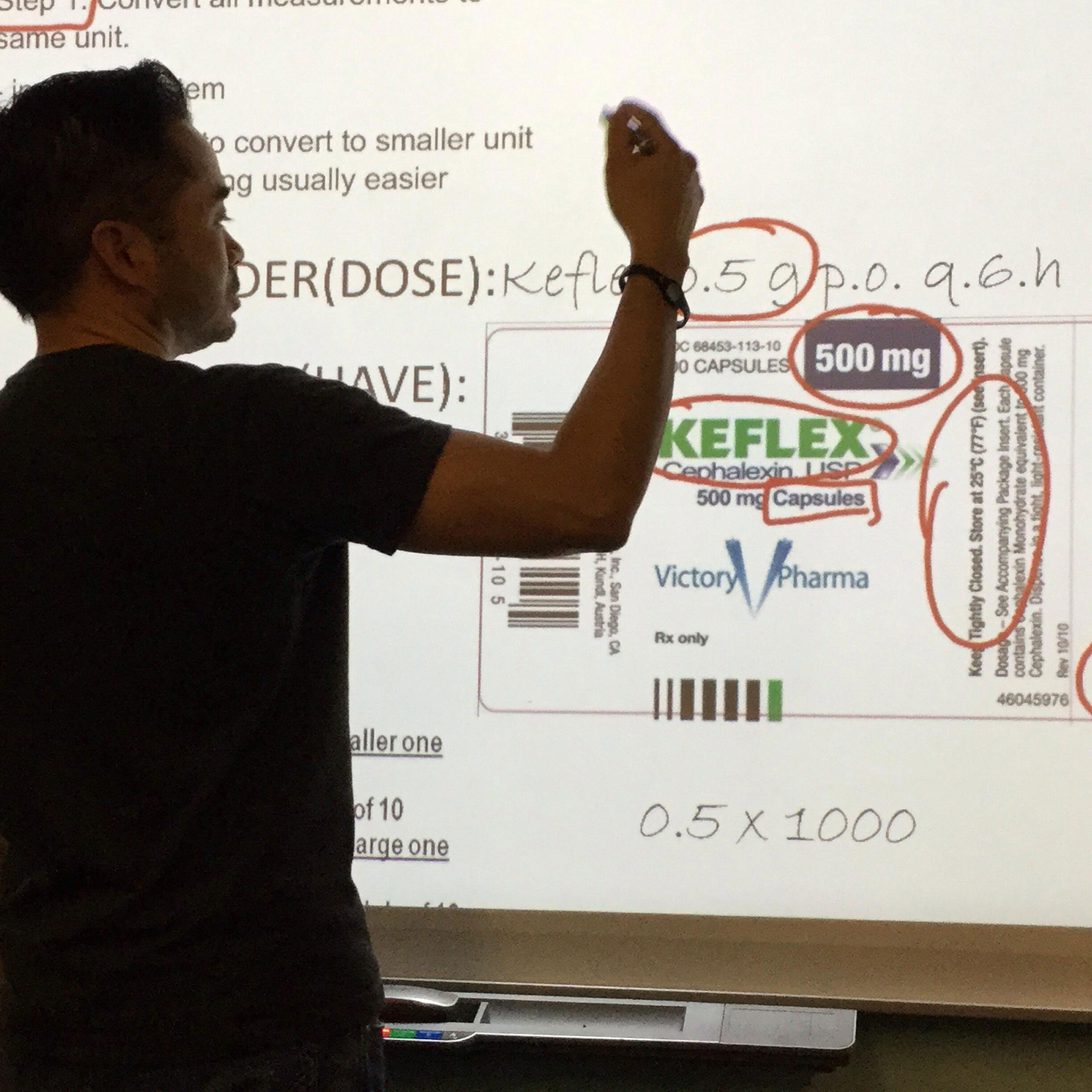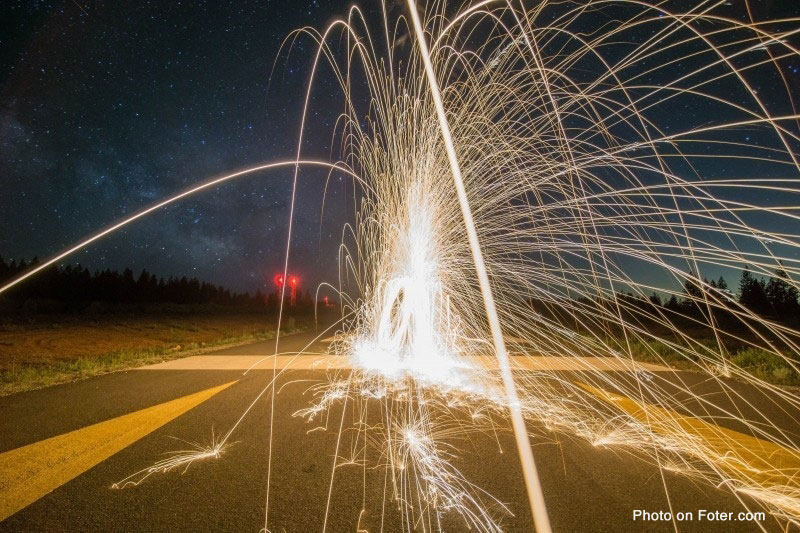Some thoughts on political pundit Juan Williams’ article, “How Twitter May Have Tipped the Election for Romney.”
Williams notes how just as many Americans watched the 2012 political debates as typically watch the Super Bowl. As a side note, I am relieved that the enthusiasm is there.
What surprised Williams, though, was that his fellow pundits were not watching the debate first, and writing commentary later.
Commentary now comes in real time, and it comes on Twitter. Can Twitter Shape a Presidential Election?
Real-time reporting focuses on sound bites. When debate witticisms do not happen, journalists make them happen. So says Williams, anyhow. But is this new?
I had my favorite pundits queued up for the debates, so Williams’ thesis is well taken. Especially during the foreign policy debate (third debate), when hanging out with the tweeps was all I could to stay awake.
Below is a breakdown of U.S. Twitter user demographics:
Overall, Williams has a persuasive argument; however, it was President Obama that provided the lines such as “horses and bayonets.” A perceived Romney gaffe concerned “Binders full of women.” Both situations favor Mr. Obama, and in the social media world, it is more likely for there to be pro-Democrat memes given the user demographics and the corresponding voting trends.
So, why didn’t Mr. Obama win the social media perception war?
News media have been driven by sound bites before social media became a portal for information; that is how they write leads.
In other words, impressionistic quotes drive news communication; they catch attention. It seems the difference of then and now is the rate at which headlines appear–yes, that includes Twitter feeds as headlines.
Image Source: Pew Research.









